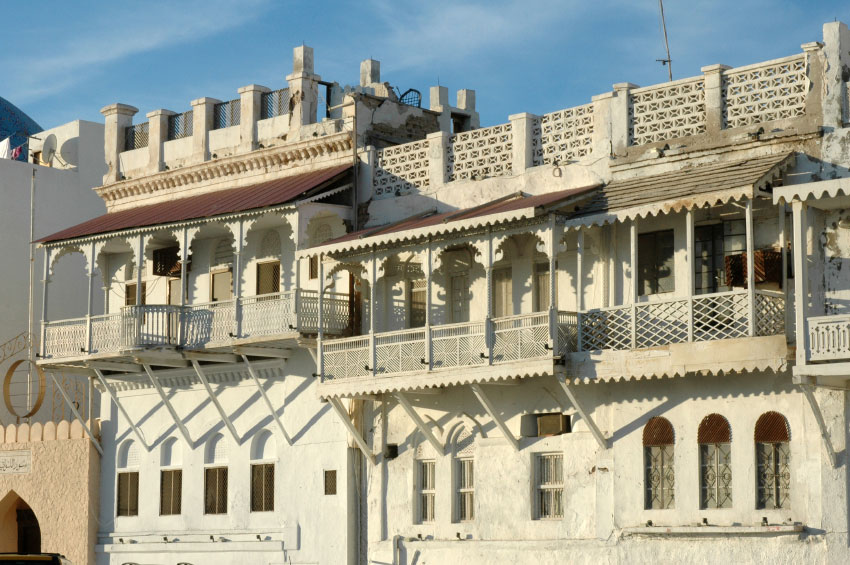
The oldest independent state in the Arab world, Oman is one of the more traditional countries in the Gulf region and was, until the 1970s, one of the most isolated.
Occupying the south-east corner of the Arabian peninsula, it has a strategically important position at the mouth of the Gulf.
At one time Oman had its own empire, which at its peak in the 19th century stretched down the east African coast and vied with Portugal and Britain for influence in the Gulf and Indian Ocean.
Oman under Sultan Said bin Taimur, who came to power in 1932, experienced decades of international isolation, a society run along feudal lines and internal rebellion.
After deposing his father in 1970, Sultan Qaboos Bin Said opened up the country, embarked on economic reforms and boosted spending on health, education and welfare.
As with other Gulf nations, oil is the mainstay of the economy, providing a large chunk of GDP, but compared to its neighbours Oman is a modest producer. Agriculture and fishing are important sources of income.
Tourism, another source of revenue, is on the rise. Oman’s attractions include a largely-untouched coastline, mountains, deserts and the burgeoning capital Muscat, with its forts, palaces and old walled city.
Most Omanis follow the Ibadi sect of Islam – the only remaining expression of Kharijism, which was created as a result of one of the first schisms within the religion.
The country has so far been spared the militant Islamist violence that has plagued some of its neighbours.
It has long been a useful Arab ally to Washington, not least because of its steady relations with Iran.
Source: BBC World Country Profiles (http://news.bbc.co.uk/2/hi/country_profiles/default.stm)